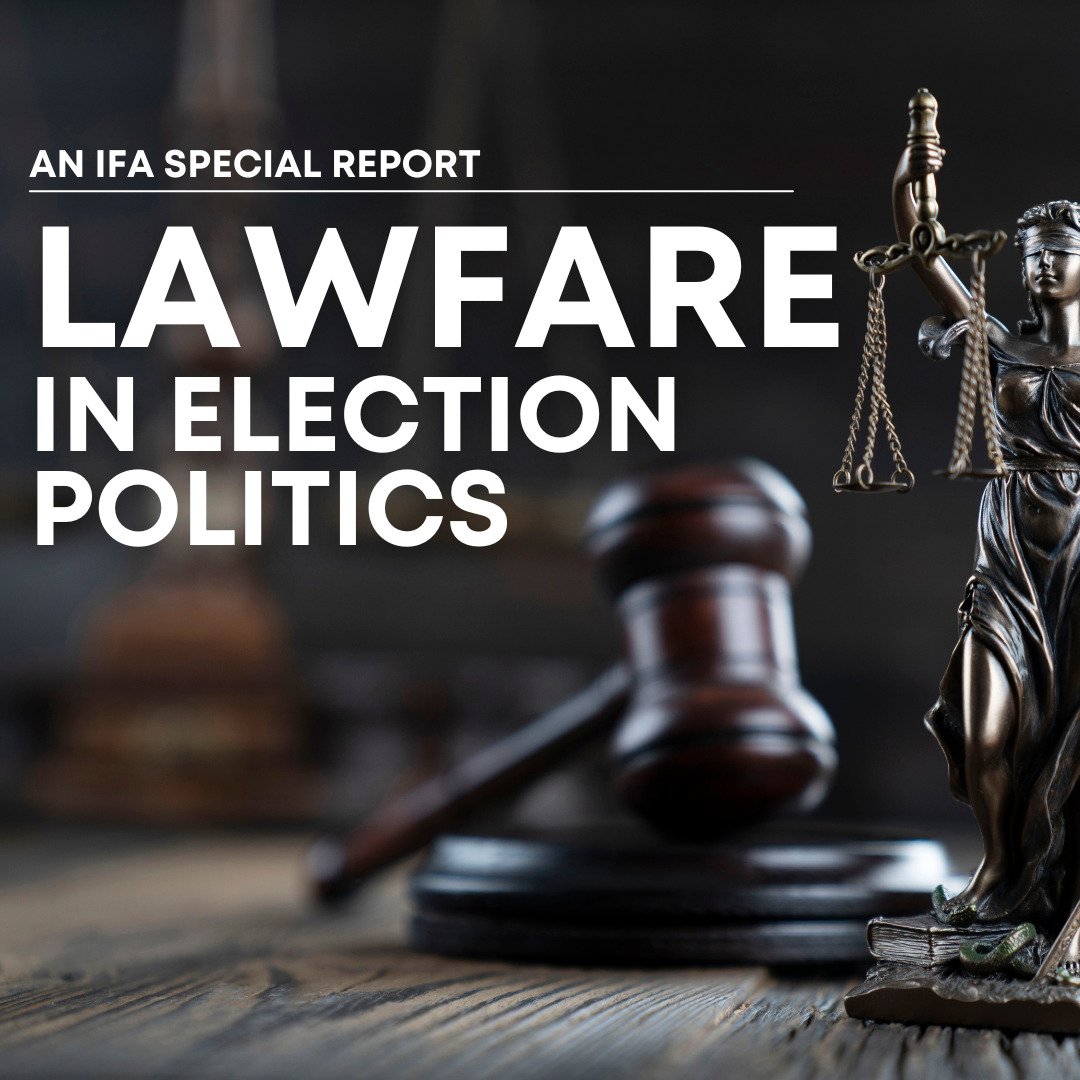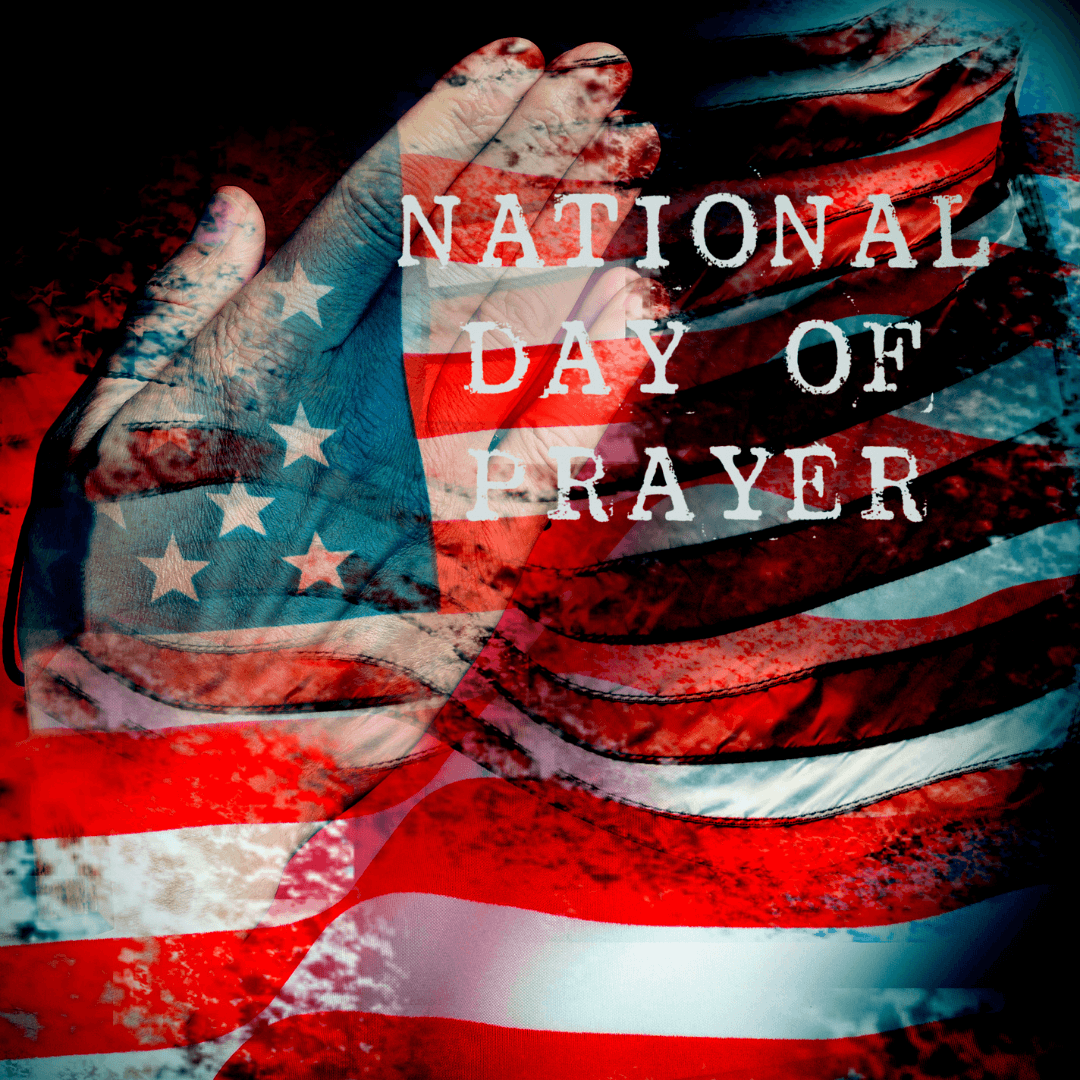BLADENSBURG CROSS PRAYER UPDATE
HANOI SUMMIT ENDS–NEED FOR PRAYER DOES NOT END
TENS OF THOUSANDS AT “THE SEND” SEIZE THE SEASON OF OPPORTUNITY
KAMALA HARRIS SUPPORTS DECRIMINALIZING PROSTITUTION
PRAY ABOUT HANOI SUMMIT
BLADENSBURG CROSS PRAYER UPDATE
The Supreme Court seems unlikely to take a wrecking ball to the 93-year old war memorial cross that stands on public land in Maryland. . . .
Perhaps the biggest surprise of the hearing was that some of the court’s liberal justices appeared sympathetic to the defenders of the cross. Justice Elena Kagan noted that the cross became a particular symbol associated with those killed in World War I. Justice Stephen Breyer asked about the importance of historical context to this case, indicating that older crosses could be permissible but erecting new religious symbols would not.
“History matters,” Breyer said. “So what about saying past is past, if you go back 93 years, but no more.”
Conservatives argued that the court should rethink its approach to religious symbols on public property, arguing that earlier decisions had created a confusing mess of precedent that invited endless litigation and was not well-grounded in the Constitution.
President Donald Trump’s two appointments to the Supreme Court appeared sympathetic to this view. Justice Neil Gorsuch asked Wednesday if it wasn’t time to get rid of the existing legal rule, known as the Lemon test after a 1971 decision. Justice Brett Kavanaugh indicated that lower courts deserve more clarity from the Supreme Court than the earlier rulings provide. Justice Clarence Thomas has said in earlier opinions that the court should not ask whether a government action “endorses” a religion but whether it amounts to “coercion.”
But Chief Justice John Roberts has shown an aversion to overturning precedent even when the rules past cases created have been heavily criticized by conservative legal scholars and jurists. It is possible he could form a bloc with the liberal judges for a narrow ruling that allows the Maryland cross to survive but leaves existing rules in place. During the arguments, Roberts seemed to doubt the “coercion” test proposed by the cross defenders would really provide clearer guidance than the existing endorsement test.
Justice Samuel Alito pointed out that a decision to tear down the cross could have implications for “cross monuments all over the country.”
“Do you want them all taken down?” Alito asked. . . .
A decision in the Maryland case is expected by the end of June. (excerpted from Breitbart)
You prayed for the American Legion counsel, Kelly Shackelford of First Liberty–see how God answered prayer and read the transcript of the oral arguments HERE.
Here is a helpful summary of the history of the Peace Cross as well as the legal principles in play (excerpted from The Washington Times):
Known by locals as the “Peace Cross,” the Bladensburg, Maryland memorial traces its origins to 1919. A committee, including mothers of 10 local servicemen who died in the war, resolved to erect a memorial to honor their fallen. For the monument’s design, the committee chose a cross — a well-recognized symbol of service and sacrifice in “the Great War.” Many of the bereaved had no gravesite to visit. The remains of more than half of Americans who died in World War I were buried in Europe. Their loved ones visit community memorials like the Peace Cross instead.
The local American Legion post volunteered to bring the project to completion, raising the funds necessary to honor their fallen brothers. Veterans returning home from World War I chartered The American Legion in 1919. The legion, it’s important to remember, is an ecumenical organization. It holds no religious test for membership. . . .
Black and white, Bladensburg’s grieving families and veterans gathered in July 1925 for the memorial’s dedication. A bronze plaque at its base declares:
“Dedicated to the heroes of prince george’s county, maryland who lost their lives in the great war for the liberty of the world.”
In the 1930s, Maryland’s Roads Commission acquired the property from the local American Legion and continues to provide for its modest upkeep and repair. This is all too much for the American Humanist Association. The Humanists, you may not know, crusade to rid the Pledge of Allegiance of the words “under God.” In 2012, the group also complained that the Peace Cross’ presence on public land — a traffic circle — somehow violates the Establishment Clause. The Humanists group won on appeal.
Two of the Fourth Circuit panel’s three judges issued a series of sweeping pronouncements. Crosses possess an “inherent religious meaning” that easily overwhelms the government’s secular purposes. Its history and presence on public land had the effect of “endorsing” Christianity. Maryland “excessively entangled” itself in religion by spending money for the memorial’s upkeep. In so asserting, these two judges neatly tailored their conclusion that the Peace Cross is unconstitutional to Establishment Clause jurisprudence known as the “Lemon test.”
The Supreme Court’s 1970 Lemon decision declared unconstitutional Pennsylvania and Rhode Island statutes that provided state aid to predominately parochial schools. The court established the three-pronged “Lemon test” for evaluating such claims: “First, the statute must have a secular purpose; second, its principal or primary effect must be one that neither advances nor inhibits religion; finally, the statute must not foster an excessive government entanglement with religion.”
Scholars like Stanford Law’s Michael McConnell and Cardozo Law’s Marci A. Hamilton have observed that the test has been much criticized in the years since Lemon, and the Supreme Court often decides Establishment Clause cases without reference to it. Yet the justices, they note, “have not overruled the Lemon test, meaning the lower courts remain obliged to use it.” The late Antonin Scalia was well-known for his disdain of Lemon. “Like some ghoul in a late night horror movie that repeatedly sits up in its grave and shuffles abroad, after being repeatedly killed and buried,” Justice Scalia wrote in a 1993 concurrence, “Lemon stalks our Establishment Clause jurisprudence again.”
Well, Lemon is back — at least until the Supreme Court overrules it once and for all.
The American Legion lawyers, for their part, advocate a clear legal standard for evaluating Establishment Clause claims. The Establishment Clause is not violated, they argue, if the government does not coerce belief in, observance of, or financial support for religion. This standard is far more workable than the Lemon test and more in line with the Founders’ views on government-established religion.
Moreover, a “tangible coercion” test will protect us from grotesqueries like the felling of Bladensburg’s Peace Cross.
DOWNLOAD OUR FREE BOOKMARK, PRAY TO UPHOLD THE CONSTITUTION.
Partner with Us
Intercessors for America is the trusted resource for millions of people across the United States committed to praying for our nation. If you have benefited from IFA's resources and community, please consider joining us as a monthly support partner. As a 501(c)3 organization, it's through your support that all this possible.






Comments
FYI:: The cross has been used over many centuries, by many governments, as a method of executing
criminals, dissidents, enemies, etc. Many,if not most people in America, do not know the history of the world and especially, America–my country!! My Lord and Savior, Jesus,the Christ, was crucified on a cross; symbol of Christianity and with America being a Christan nation; there are many people who want to destroy every semblance of it.That’s how much the devil hates Jesus and all those who belong to Him.
May the Church WAKE UP and BE the Church!!!!
Praise God, Praise God for answered prayer and for our Supreme Justices, blessings on all of you.